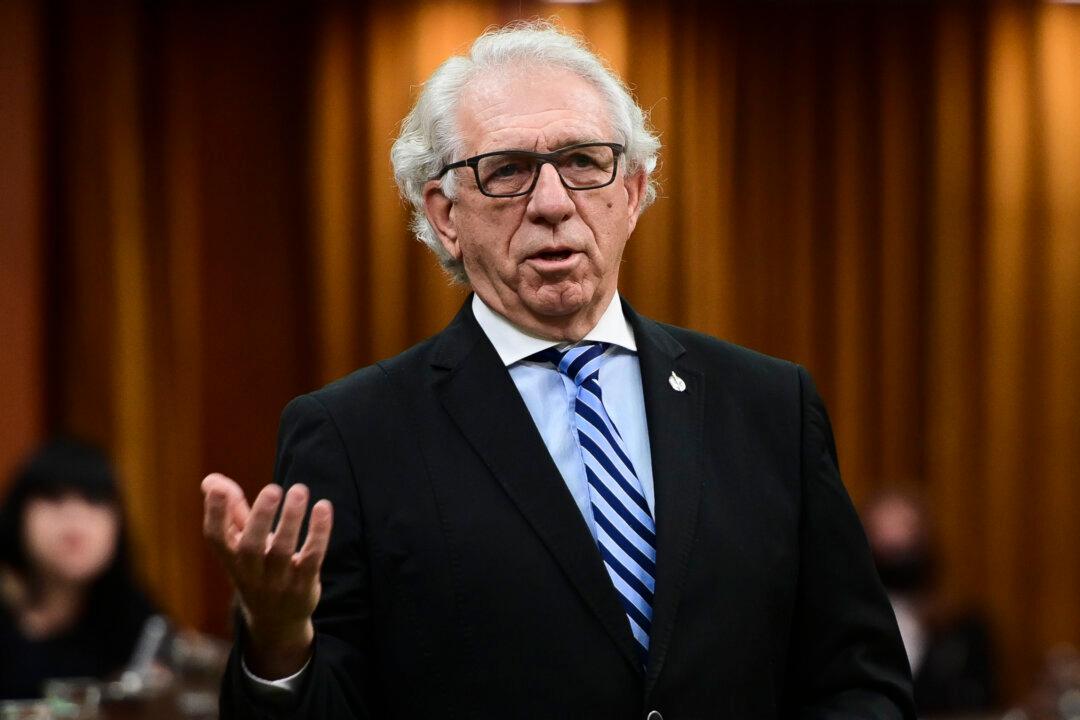Following a recent U.S. congressional hearing on “unidentified aerial phenomena” (UAPs), commonly known as unidentified flying objects (UFOs), a Canadian parliamentarian is calling for more government attention on the issue and to establish parallel research programs.
Conservative MP Larry Maguire told CTV News on May 17 that at least three Canadian officials have requested briefings from former Pentagon officials on UAPs.





